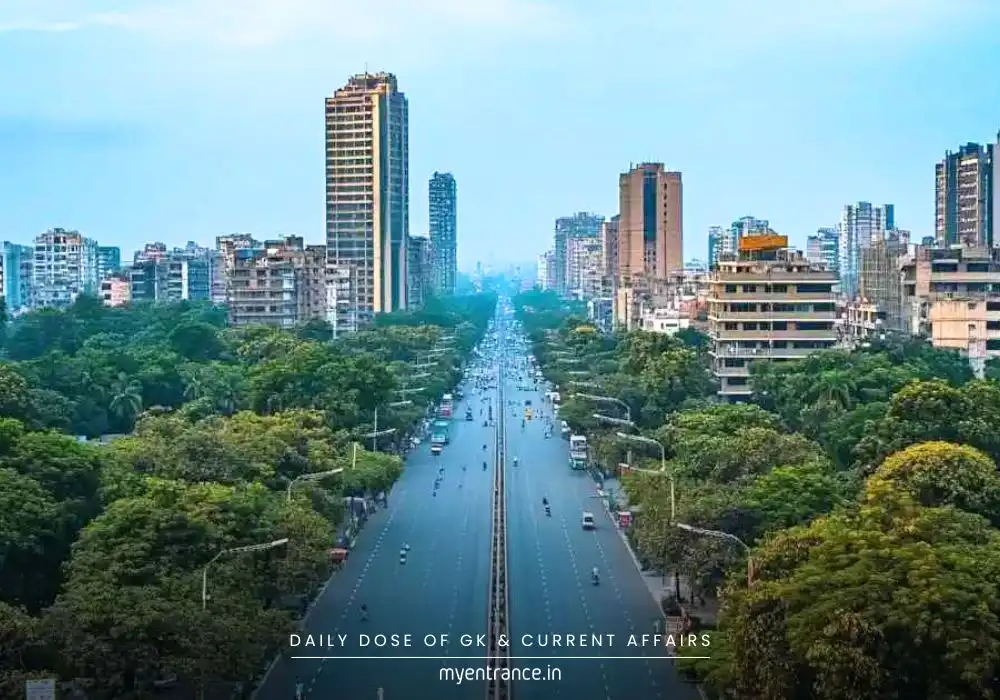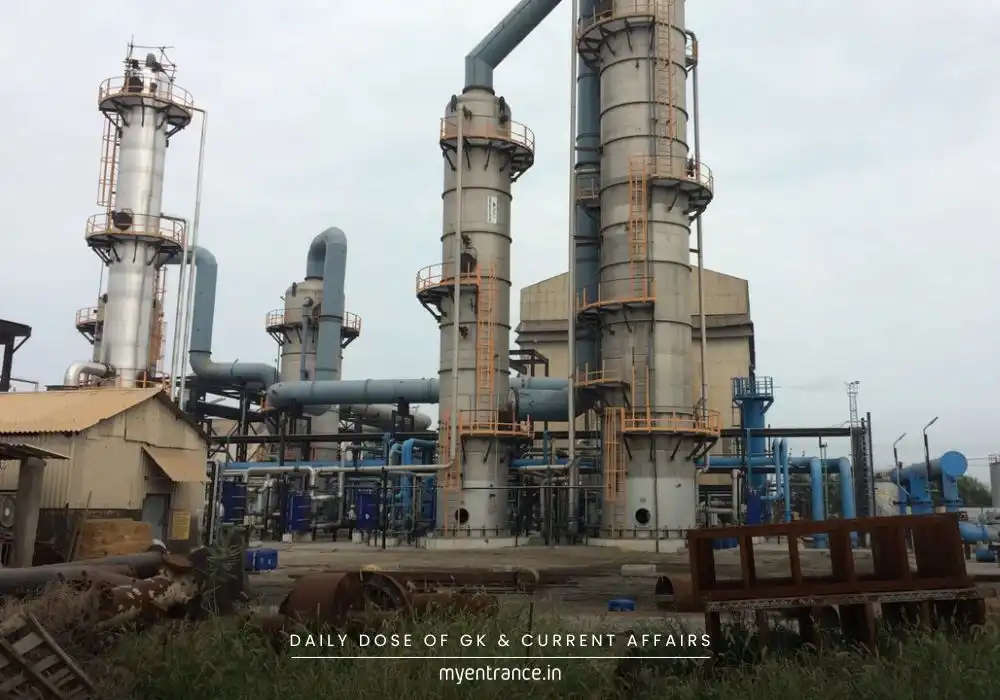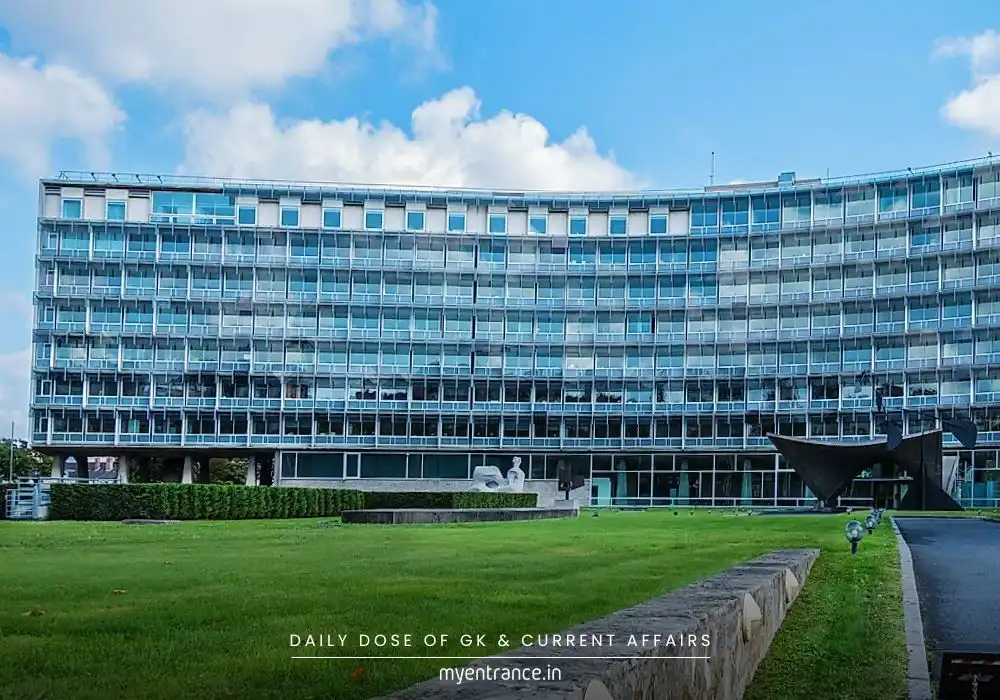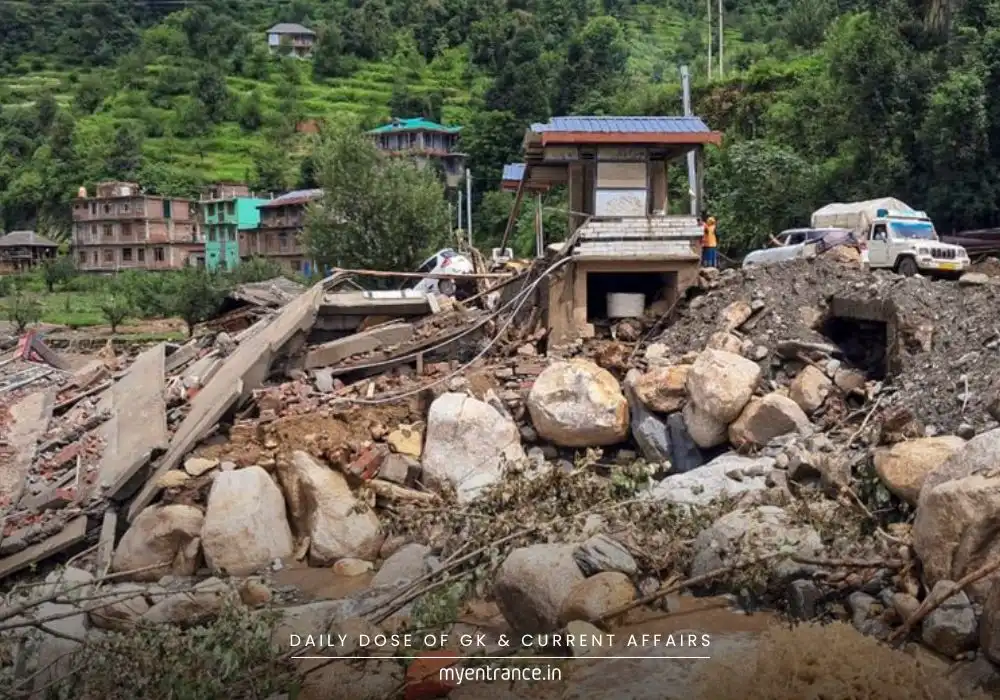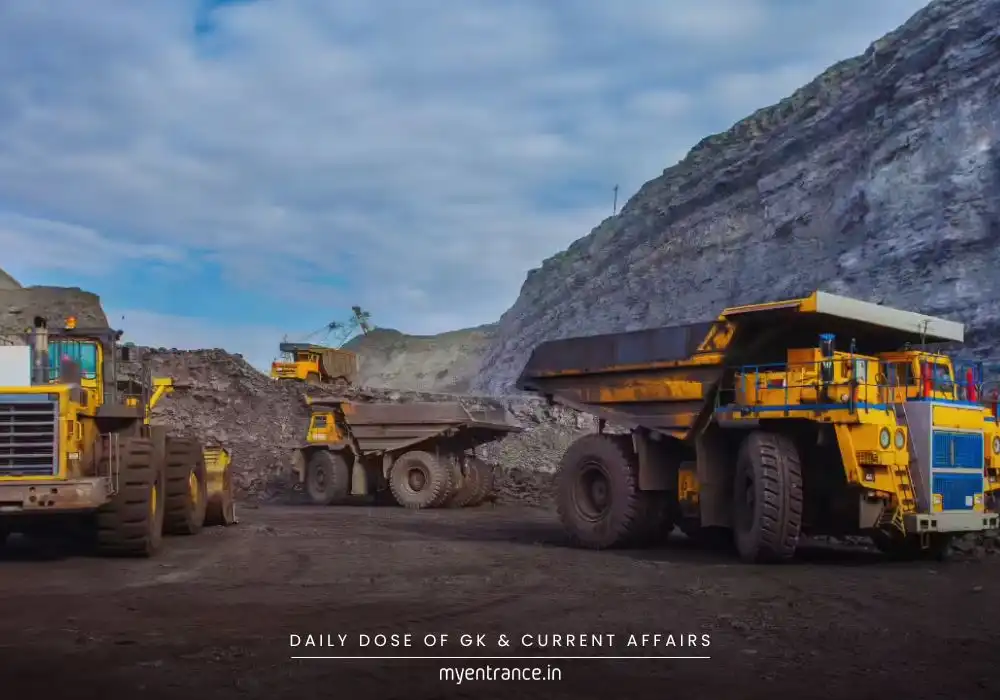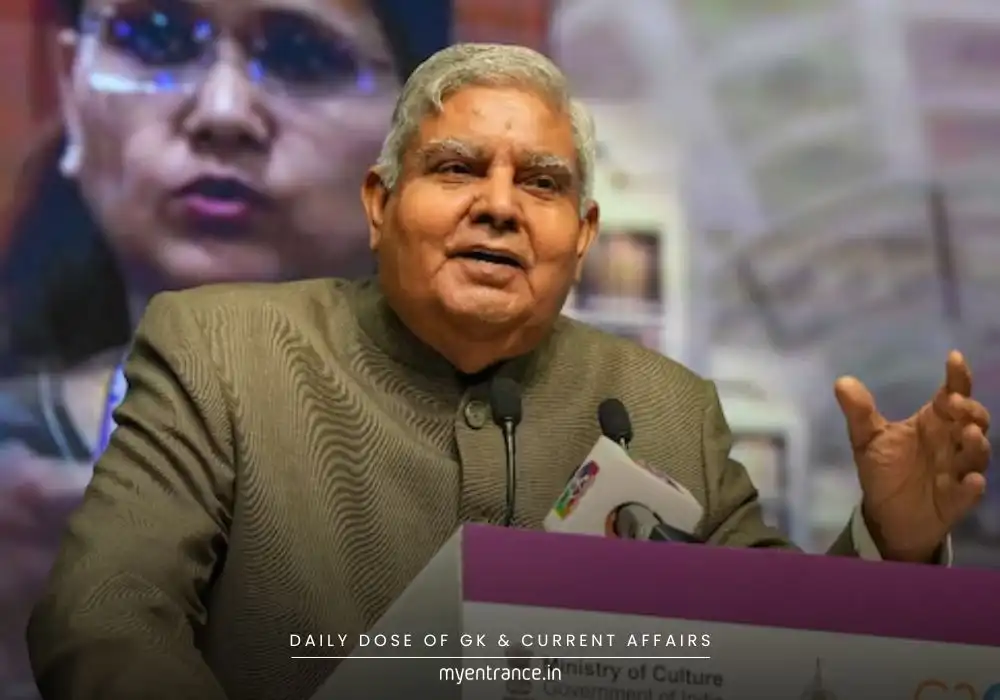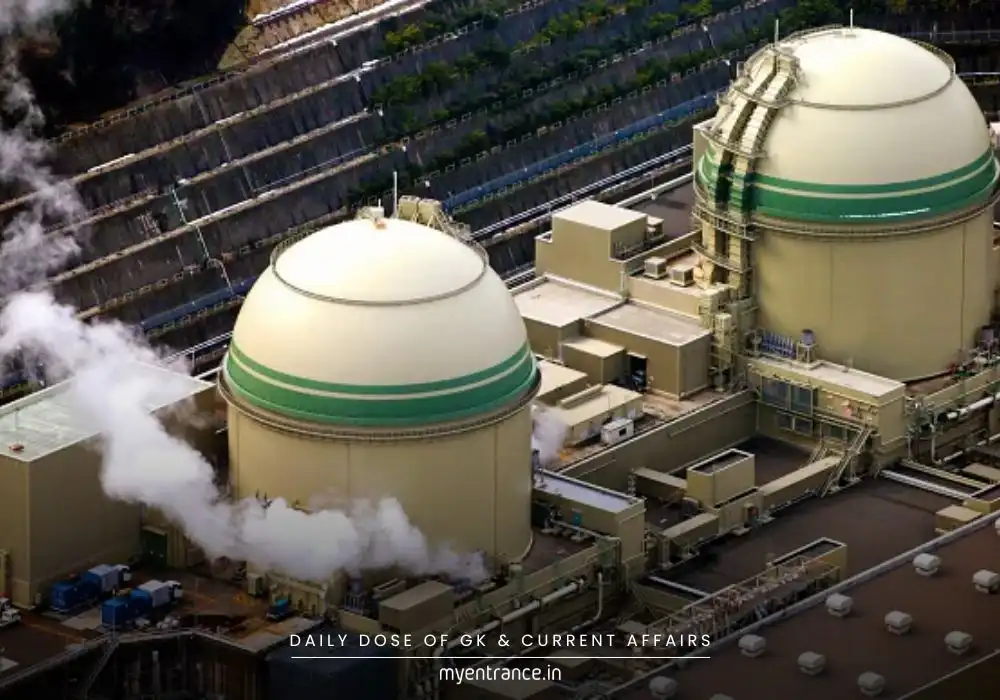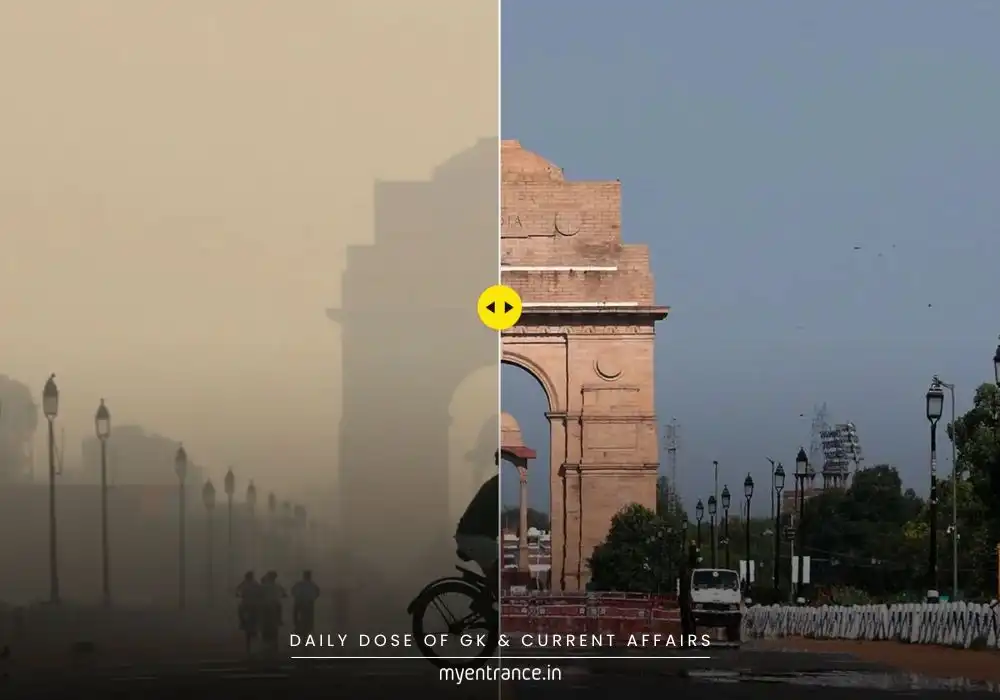Translate Language
Why Did India Relax SO2 Norms for Thermal Power Plants?
India’s coal power sector faces a critical dilemma: cutting emissions without burdening consumers. Revised 2025 norms eased mandatory FGD systems, citing low sulphur in domestic coal. Here’s why this matters for your exams.
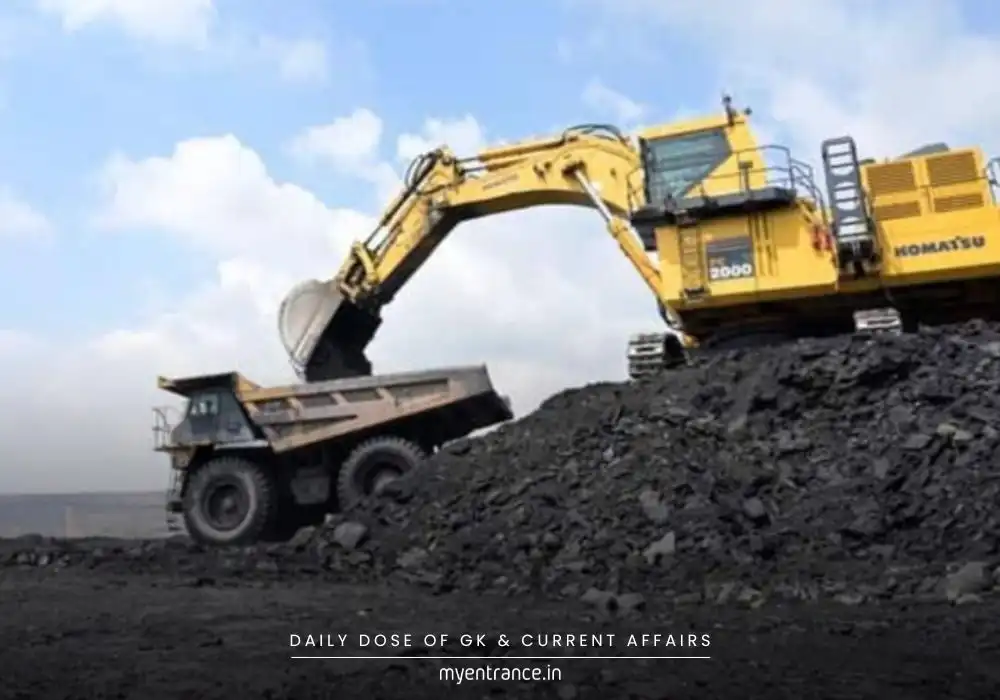
Clearing the Air on Coal: Policy Shifts Explained
In 2015, India mandated flue gas desulphurization (FGD) systems for all 600+ coal power plants to curb sulphur dioxide (SO₂) emissions. But implementing this by strict deadlines proved contentious. Experts argued that Indian coal’s naturally low sulphur content made FGDs unnecessary for most plants.
The financial implications were staggering:
Installing FGDs would cost ₹0.25–0.30 per unit of electricity.
State discoms and end consumers would bear this tariff hike.
By 2025, policymakers revisited the norms. A NITI Aayog-NEERI study revealed:
FGDs rely on limestone, whose mining/transport worsens carbon footprints.
CO₂ stays airborne longer than SO₂, negating some environmental gains.
78% of plants (especially outside cities/heavily polluted zones) were exempted.
This pragmatic revision aims to:
✅ Avoid ₹1.2 lakh crore in capital costs.
✅ Redirect funds toward renewable energy expansion.
✅ Shield consumers from steep price rises.
Q&As on Coal Emissions & FGD Systems
Q1: What is flue gas desulphurization (FGD)?
A: FGD is a technology that removes sulphur dioxide (SO₂) from exhaust gases in thermal plants using limestone slurry, reducing acid rain risks.
Q2: Why was FGD implementation opposed in India?
A: Experts highlighted India’s low-sulphur coal, high costs (₹0.25–0.30/unit tariff hike), and CO₂ emissions from limestone mining.
Q3: Under which law are SO₂ emission norms set?
A: The Environment (Protection) Act, 1986, enforced via MoEFCC notifications.
Q4: What’s the revised 2025 policy on FGDs?
A: Only plants near cities/heavily polluted areas require FGDs. 78% of plants are exempt.
Q5: How does SO₂ affect health and environment?
A: SO₂ causes respiratory issues, acid rain, crop damage, and corrosion of buildings.
Why This Matters for Your Exams
For UPSC Prelims:
Directly linked to “Current events of national importance”.
Key terms: FGD, SO₂ norms, NITI Aayog-NEERI study.
For UPSC Mains (GS-III):
Environment: Trade-offs between pollution control and affordable energy.
Economy: Impact of tariff hikes on consumers & discoms.
Governance: Evidence-based policy shifts (revised 2025 norms).
For SSC/PSC/KAS:
Questions on environmental laws (EPA 1986), clean energy transitions, and public finance.
Key Themes to Note:
Balancing ecology with socio-economic equity.
India’s energy transition strategy (coal → renewables).
Role of technical research (e.g., NEERI) in policymaking.
Get 3 Months Free Access for SSC, PSC, NIFT & NID
Boost your exam prep!
Use offer code WELCOME28 to get 3 months free subscription. Start preparing today!




